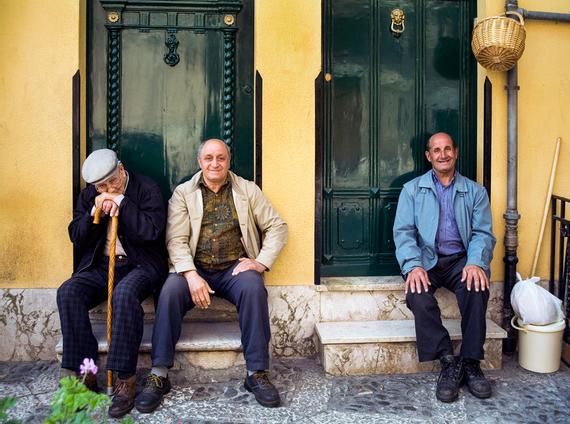
Last Christmas, December 2019 (Salento – Italy), was the season of sharing. We went out to Chinese 1$ shops to buy the oh-so-lame gift bags. We greeted every person we bumped through in the streets: we hugged the old relatives and carried the young ones [below 6 kilos], swirling and twirling, totally unconscious that a couple of months later, this would become crazy-unthought of- almost -criminal behaviour.
By Hiba Kilany
The regular Sunday lunches with family, fresh pasta, sugo, hugs, and laughter are all gone. Long, endless walks with your dog unleashed were an occasion to learn more about that old neighbour and his cocky little beast.
TODAY: 12 days before Easter
Stepping out to a local supermarket -let alone a Chinese 1$ shop - should be done with an auto-certification [a certification that has seen more updates in a couple of weeks than the Apple IOS systems of your mobile since its launch in 2009].
You would go out to meet your (step) parents only if you have murderous intentions towards them. Crossing someone when you sneak out of home for five minutes "pee-and-be-done-stupid-dog-with-prostate-problems" has become a nuisance: are these 2 meters far enough for airborne COVID-19? Wouldn’t greeting them allow those evil micro-particles to fly directly into my lungs?
Better look the other way, avoid socialising, avoid looking at people in their eyes: they might be my ticket to an under-equipped Southern Italian hospital, where I will die alone, in a cold place, where Martians with no face and no expression, will be the only thing close to human I would see before dying. One amongst thousands of bodies, dead bodies packed, scarier than ever, shipped to eternity through an unknown door because the cemeteries can no longer receive corpses.
Death has lost its dignity.
My thoughts during this period always revolve around older adults dying in hospitals. Funerals have been banned. For many, the virus is robbing them of their chance to say goodbye.
"This pandemic kills twice," says Andrea Cerato, who works in a funeral home in Milan. "First, it isolates you from your loved ones right before death. Then, it doesn't allow anyone to get closure." Dead people cannot be buried in their finest and favourite clothes. Instead, it is the grim anonymity of a hospital gown.
"We put the clothes the family gives us on top of the corpse as if they were dressed," he says. "A shirt on top, a skirt below." How unfair can that be? Growing old, having kids, grand-children, grand-grand-children, then dying alone, no one present at your funeral, not even a priest to comfort you before your close your eyes, forever.
Images of an old wrinkled hand, searching helplessly for the comfort of someone's presence to squeeze, the heat of a tender look that they won't be able to exchange, old, alone, sick, unable to breathe life in.
To maintain a semblance of sanity, I keep repeating: this too shall pass, this too shall pass. So I thought -between the balanced me and the depressed me- that the other kind of distancing we should all be practising to get out of this with the most minor damage possible is to practice mental distancing.
Imagine the thousands of old people queuing to paradise would remain forever, around, waiting for that last hug and the closure of a long, happy life filled with O Sole Mio[s], Chianti, Parmigiano, and laughter.

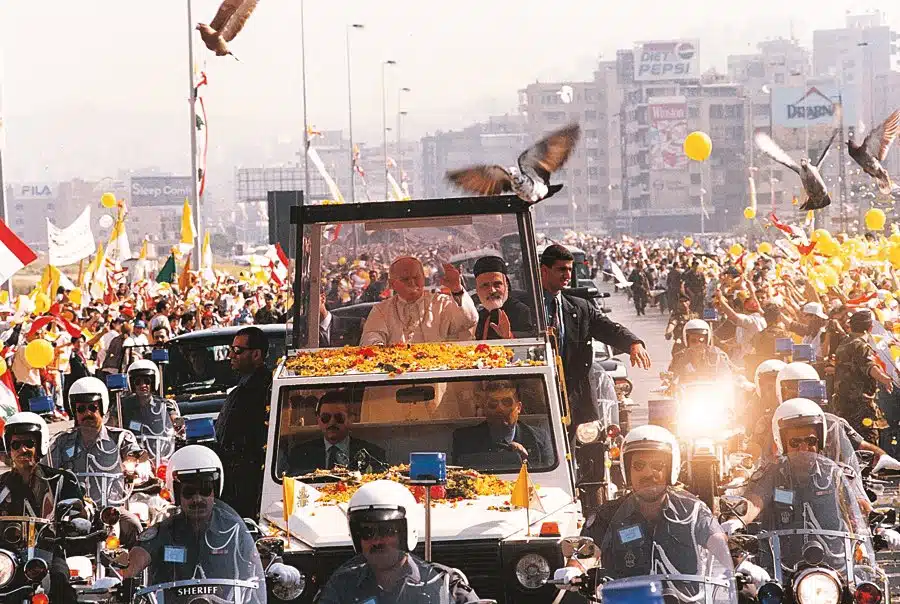
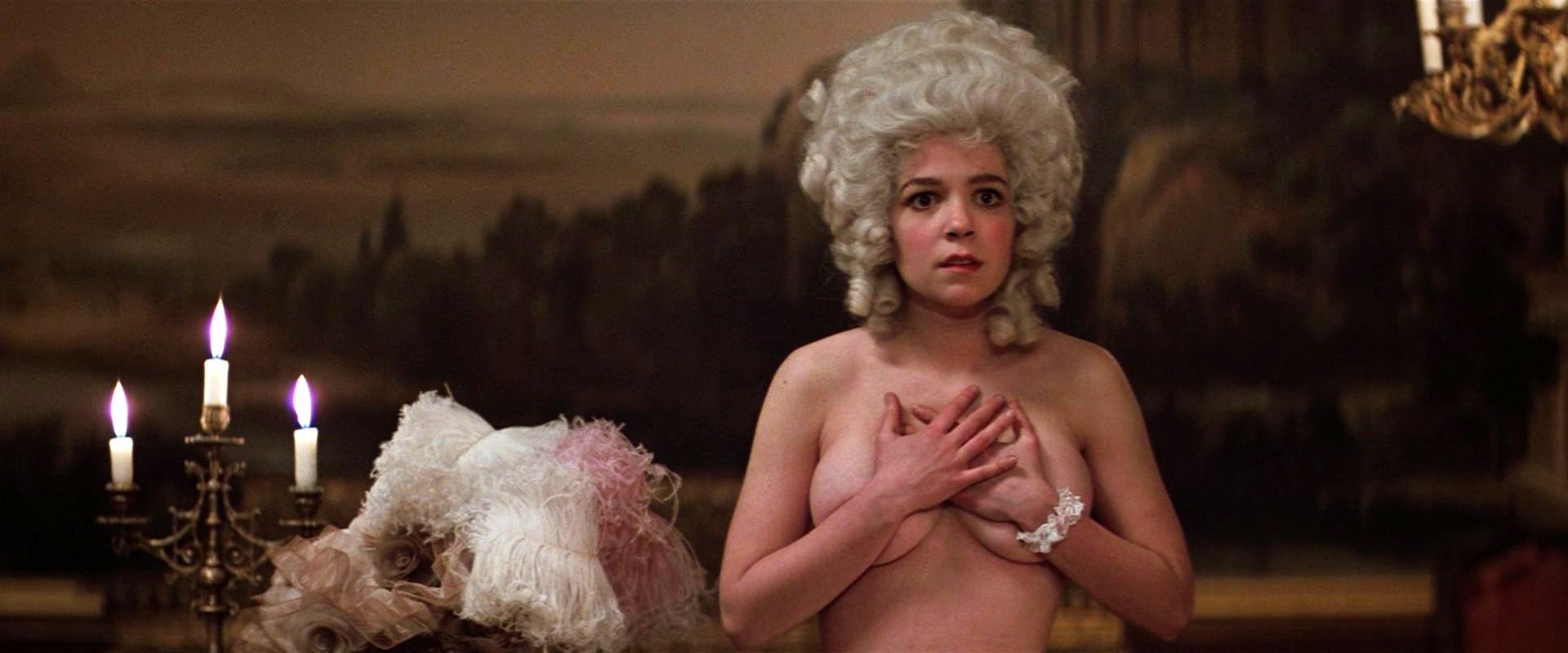
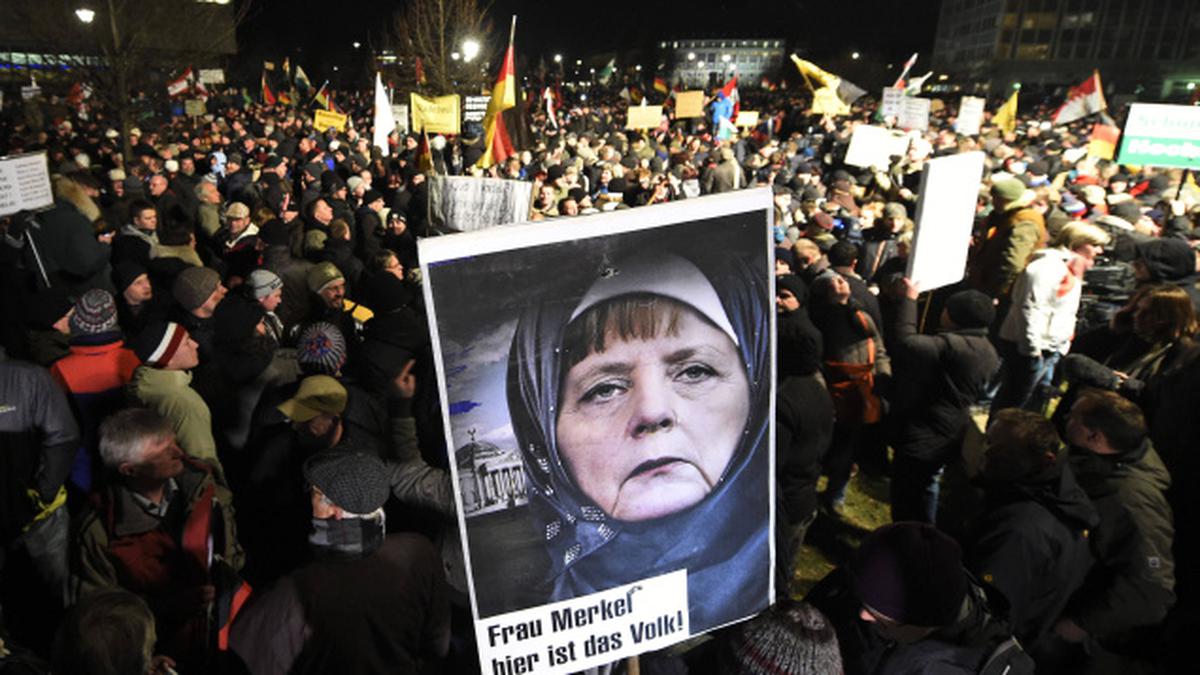
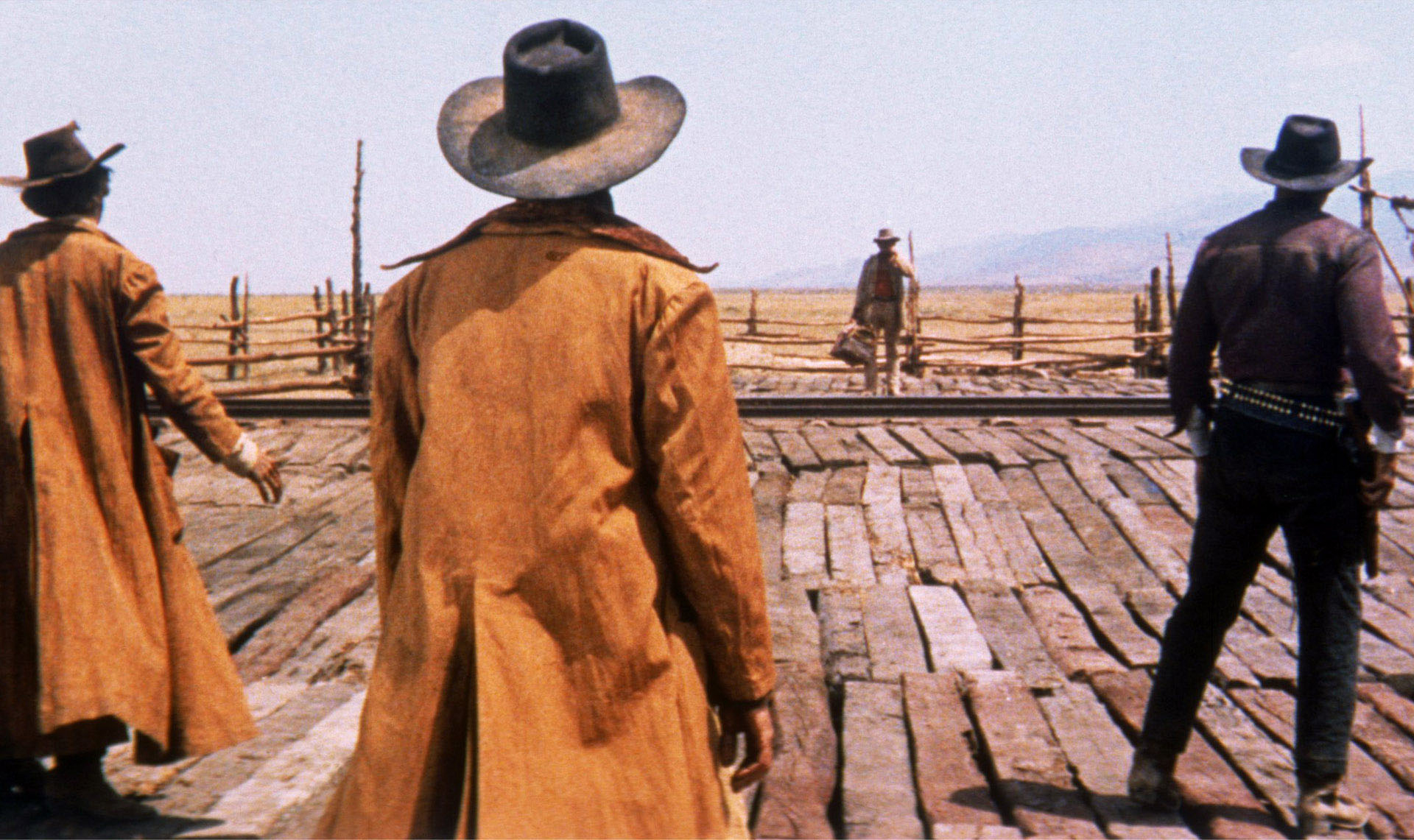
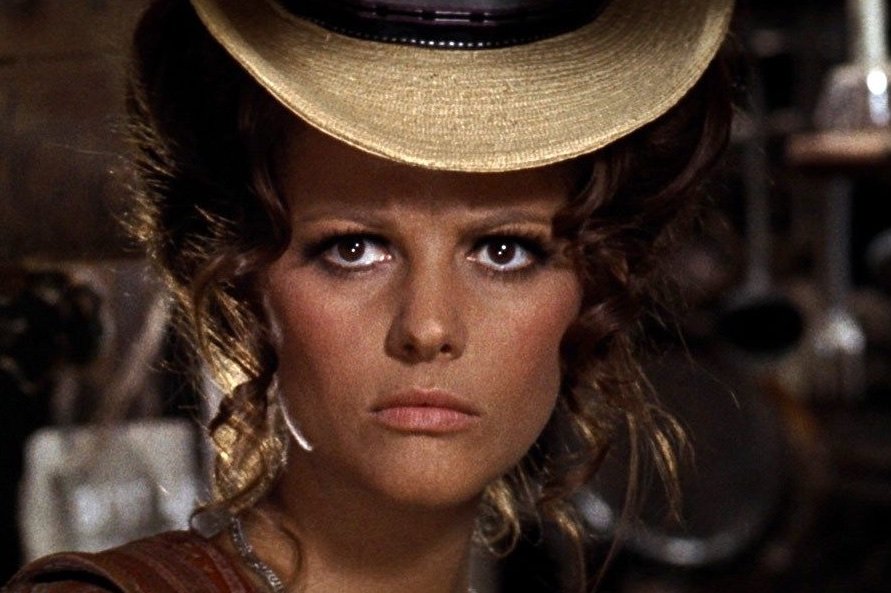
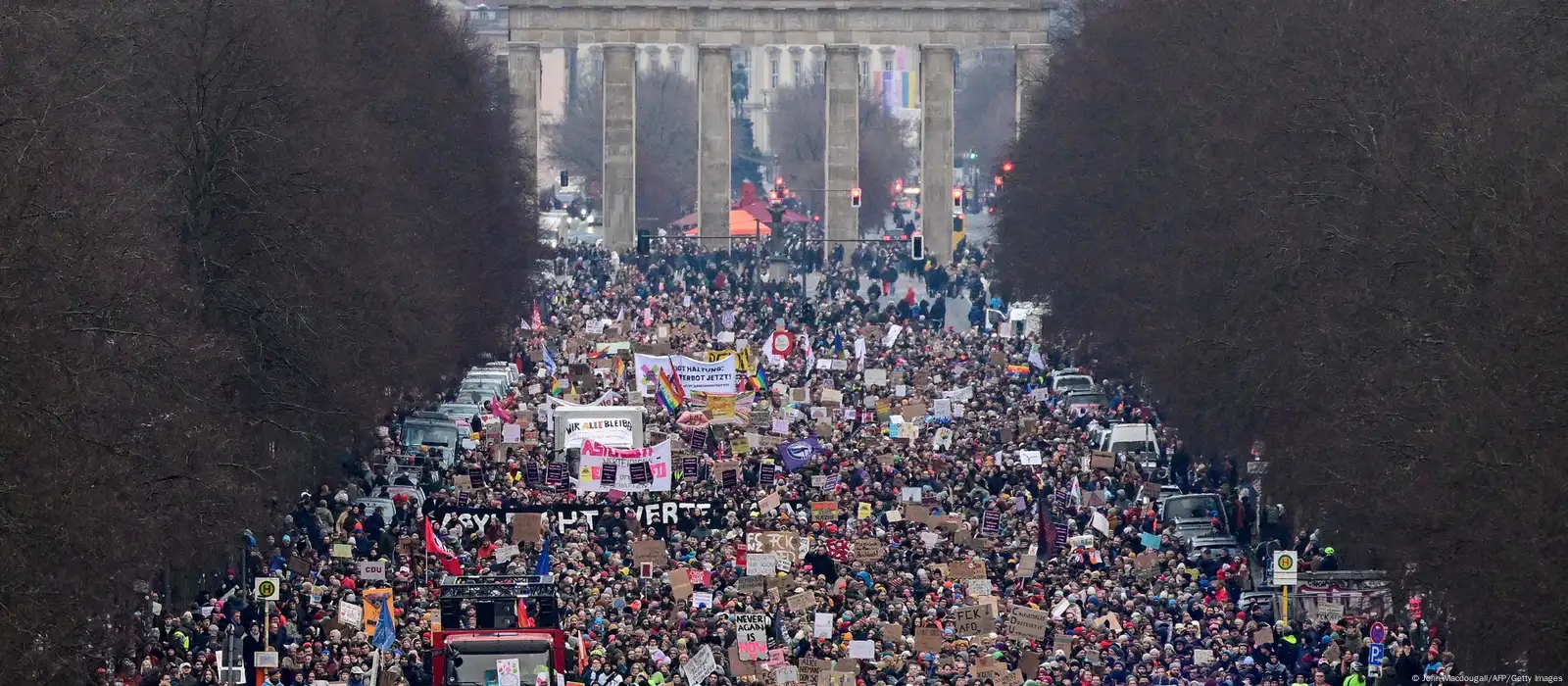
Habibti hiba...have know u always strong and u will be as Ihave known u always...we wont loose hope...this hard period for all of us will disappear soon...and life will return to where it was before...love u hiba...
Raghda dear 🙂 i so miss you and your positive energy! Can't wait to go back to lebanon and have one of our long happy dinners, soaked with laughter and Gavi!